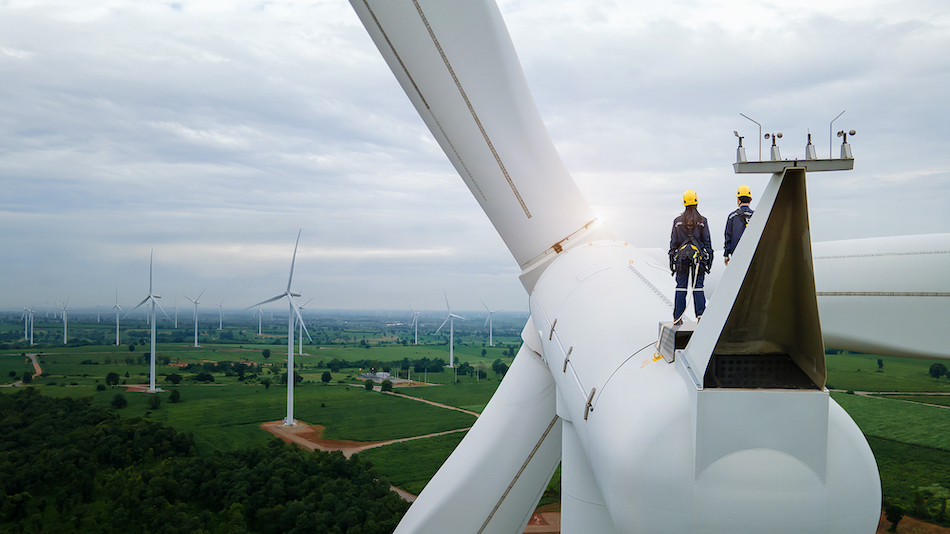The Green Horizon: Perspectives on the Future of Clean Energy
In the imminent landscape of 2030, a revolution is brewing in global transportation and electricity, promising a verdant transformation, courtesy of the International Energy Agency (IEA). Picture a world where electric vehicles swarm the streets tenfold, where renewables claim half of the electricity mix, and where solar panels alone surpass the entire energy output of the US power sector. This captivating vision emerges from the pages of the IEA’s World Energy Outlook, a blueprint based on current government energy policies, unveiled to steer us toward a sustainable future.
Established in the aftermath of the 1970s oil crisis, the IEA’s original mission was securing global energy supplies. Today, the agency is at the forefront of a new mission: mitigating climate change through the integration of renewables into energy systems. As climate-fuelled disasters menace power grids worldwide, the imperative is clear – our salvation lies in bringing renewables online.
“The transition to clean energy is happening worldwide and it’s unstoppable. It’s not a question of ‘if,’ it’s just a matter of ‘how soon’ — and the sooner, the better for all of us,” declares the assertive Fatih Birol, the IEA’s executive director, in a resounding press release.
“While the world is progressing towards greener pastures, the trajectory still steers us toward roughly 2.4 degrees of global warming this century, a concerning statistic.”
The seismic shift is driven by the newfound cost-effectiveness of renewables, with solar and wind energy liberating the global economy from fossil fuels’ stranglehold. The IEA’s Outlook, unveiling governments’ plans, foresees a peak in coal, oil, and gas demand this decade, a groundbreaking prediction. In a leap from last year, governments globally aim to deploy two-thirds more renewable energy by 2030, according to the astute analysis by the energy think tank Ember.
Addressing pollution from homes, buildings, and transportation necessitates an electrification overhaul, from cars to heating and cooling systems. The IEA anticipates electric heat pumps outpacing fossil fuel boilers globally by the decade’s end. Electric vehicles (EVs) are rapidly gaining ground, constituting a remarkable one in five cars sold this year, a stark contrast to one in 25 in 2020.

For policymakers striving to curtail greenhouse gas emissions and adhere to the Paris Agreement’s commitments, this is heartening news. The Paris Agreement, uniting nearly 200 countries, sets the ambitious goal of limiting global warming to around 1.5 degrees Celsius above the preindustrial era, a threshold crucial for averting escalating climate-related catastrophes.
However, the IEA’s report issues a clarion call for urgency. Despite the strides made, the transition to clean energy must accelerate to meet the 1.5-degree Celsius goal. The IEA underscores the need to triple global renewable energy capacity and triple investments in clean energy in developing economies for a successful transition.
While the world is progressing towards greener pastures, the trajectory still steers us toward roughly 2.4 degrees of global warming this century, a concerning statistic. The report highlights a potential glut in fossil gas supplies, counterproductive to global climate goals. The surge in new liquified natural gas (LNG) projects, triggered by geopolitical tensions, threatens to add nearly half of today’s total global LNG supply in capacity by 2030.
The focus has now shifted to Dubai, where world leaders convened this month for COP23, the United Nations climate summit. At this crucial event, the global community is poised to discuss a landmark agreement aimed at accelerating the phase-out of fossil fuels, a bold and formidable undertaking. “Nations must unite to secure a swift and equitable transition away from fossil fuels, while simultaneously significantly scaling up renewable energy sources and enhancing energy efficiency,” underscores Rachel Cleetus, the policy director and lead economist at the Union of Concerned Scientists
In the ever-evolving narrative of our energy future, the stakes are high, and the call for decisive global action resonates. The green horizon beckons, and it’s a journey we must embark upon swiftly to secure a sustainable legacy for generations to come.

